Hello! Sorry I have not posted in a while I have been busy with ALL kinds of stuff from chicken accidents to school to a friend’s birthday party! So I have not been keeping you updated on my babies.
I have a surprise… They are laying!! Our baby chicks and teenage chicks are laying eggs! YAY!!! If you remember, a friend of ours, Mrs. Pamela, gave us the teenage chicks. They are Red Sex Links and White Leghorns and there are four of them. We bought the bantams from Welp Hatchery. There are probably 15 hen bantams laying eggs. With another 15 or so roosters… anybody want some roosters?
Here is a picture of the variety of eggs we are gathering daily. The eggs vary in shape, size, color, and weight. The biggest ones are from our Rhode Island Reds that we have had for several years. The next brown one and the two white ones are from the teenage chicks. The cute little bitty ones are from my baby bantams… but they are not babies anymore! I have not found any itsy bitsy eggs from our Dutch, Blue Bantam chicks yet… but am expecting to find one of them soon! Can you imagine how little they will be? The smallest eggs so far are about 1.5″ x 1.25″ to the big eggs that are 3″x 2.5″. The color ranges from a white/cream color, to a reddish-brown and then just plain tan. And the shape of the eggs can range from a normal ovular shape to a pointy bullet-shaped egg. I now have to check all the boxes every day, not every 2-4 days on the bantam side, since they were not laying yet.
My mom loves the little eggs, she was so surprised at how small they are. Speaking of small eggs… my brother, Chase, loves omelets. My dad has been joking around with Chase saying his next omelet will be a three egg omelet using the littlest eggs. We have not cooked with any yet, but we are having breakfast for dinner tonight… I’m sure my mom will have me comparing eggs and photographing our dinner. I’ll post those pictures soon! I am sorry I left you all waiting for another post, while all these things at my house were going on. From now on I will try to post more often.
- Cuddles
- Zoology – Chickens
One final note, we have a possum or raccoon attacking our chickens, and we have lost 3 chickens including two of my favorites… Cuddles and Sunny and another barred rock, Checker, who I have not talked about before. We just borrowed a live trap to try to trap the animal. Please pray we catch whatever it is getting my babies! I’ll update you on that soon too!
See ya soon!
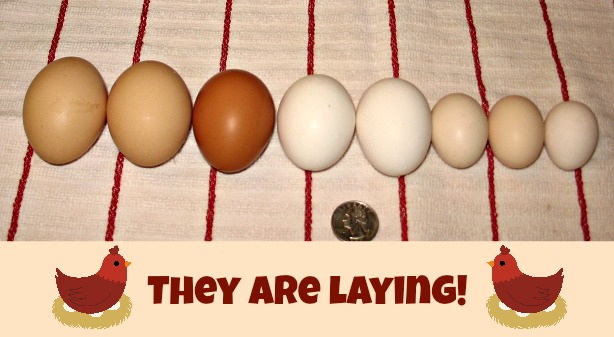
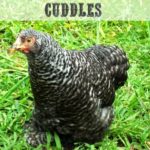
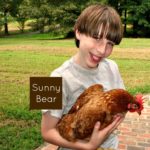
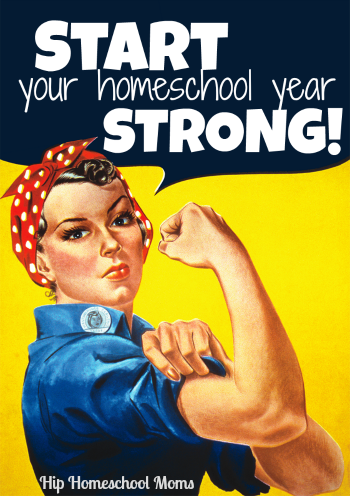


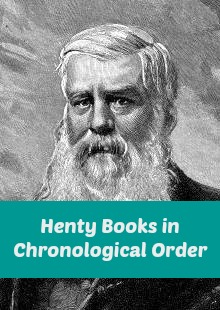 though his books are fiction, they are historical fiction and provide a great vision of the era he was writing about. His books are historically accurate and are full of noble character traits… traits we want to instill in our boys such as: honesty, chivalry, integrity, courage, loyalty, honor, hard work, charity, justice, and the list goes on and on. Henty was masterful at weaving action and adventure throughout his novels! Putting the Henty Books in chronological order has helped me organize his books into our schedule to be more useful in our homeschool.
though his books are fiction, they are historical fiction and provide a great vision of the era he was writing about. His books are historically accurate and are full of noble character traits… traits we want to instill in our boys such as: honesty, chivalry, integrity, courage, loyalty, honor, hard work, charity, justice, and the list goes on and on. Henty was masterful at weaving action and adventure throughout his novels! Putting the Henty Books in chronological order has helped me organize his books into our schedule to be more useful in our homeschool.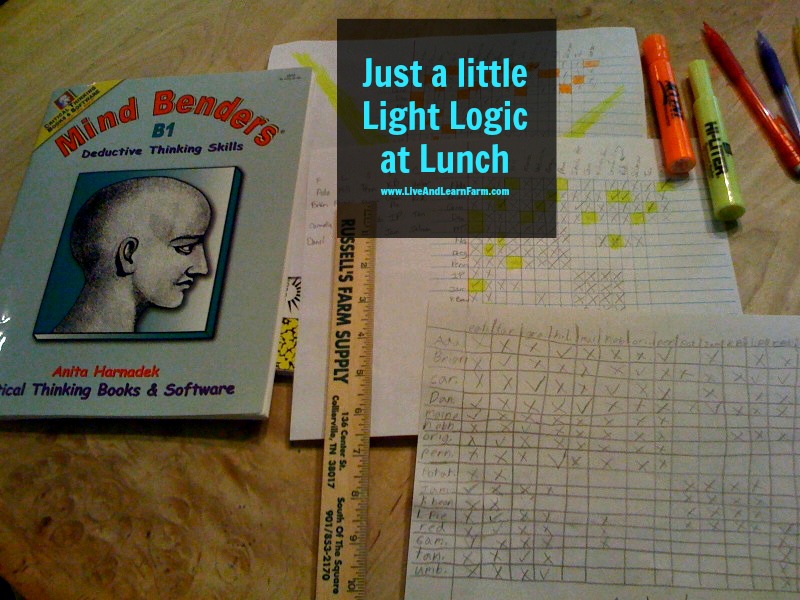
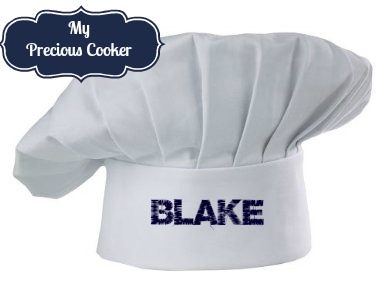
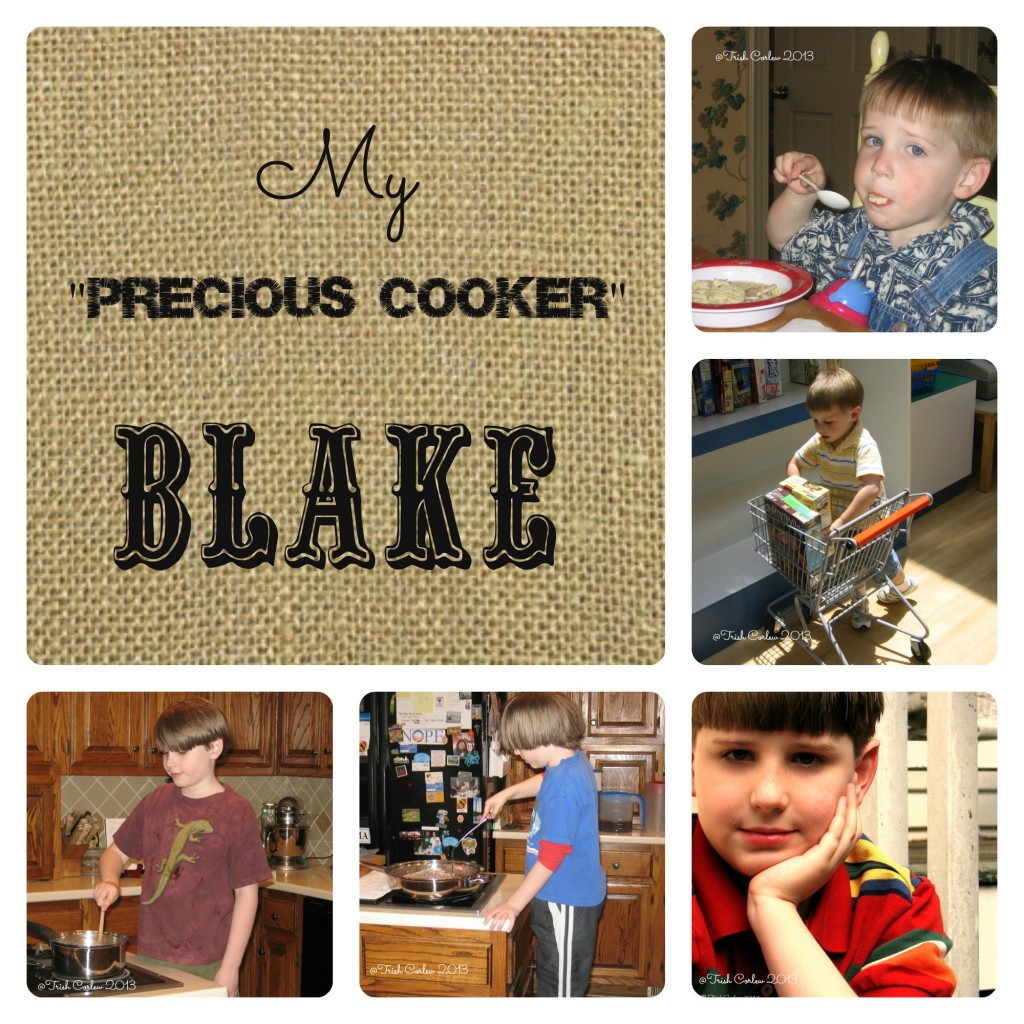
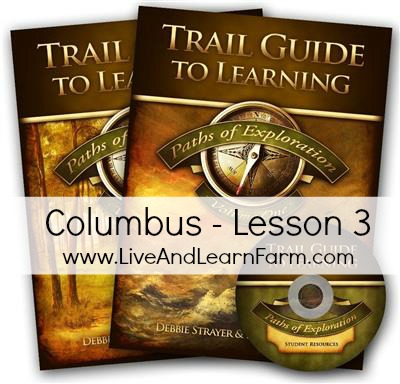
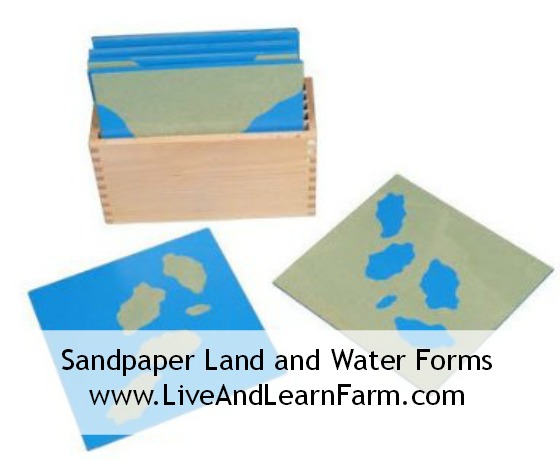 Geography is not covered in Part 3. Part 4 was fascinating!! We discussed navigation and what dead reckoning is. I had never heard of it but we all loved this study and found it fascinating! For enrichment for geography there is so much you could use for this section. Be sure to study land and water forms if you haven’t already. This is an especially fun study to do while it is still warm! Deb over at Montessori has a fabulous round up of what you can do with
Geography is not covered in Part 3. Part 4 was fascinating!! We discussed navigation and what dead reckoning is. I had never heard of it but we all loved this study and found it fascinating! For enrichment for geography there is so much you could use for this section. Be sure to study land and water forms if you haven’t already. This is an especially fun study to do while it is still warm! Deb over at Montessori has a fabulous round up of what you can do with 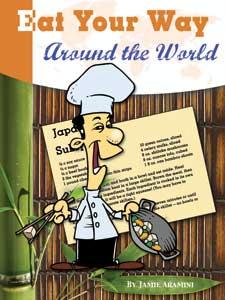
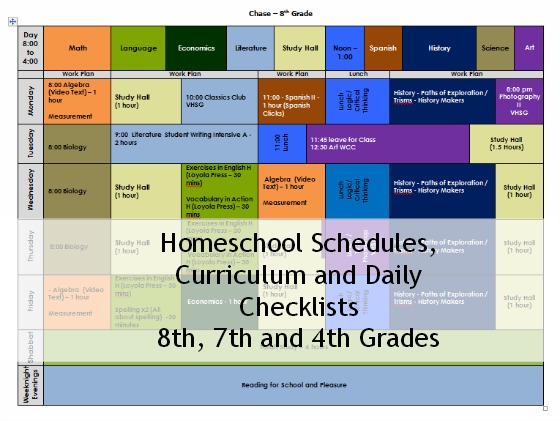
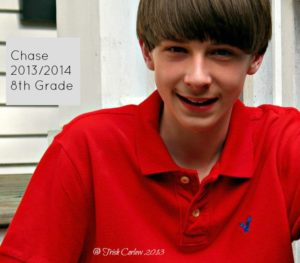
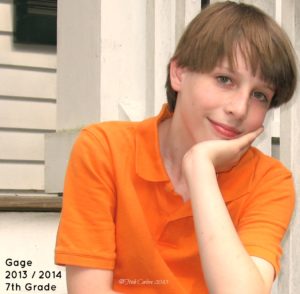
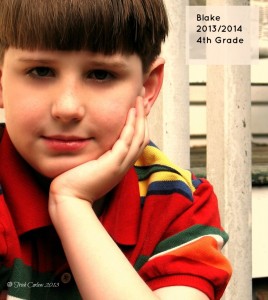
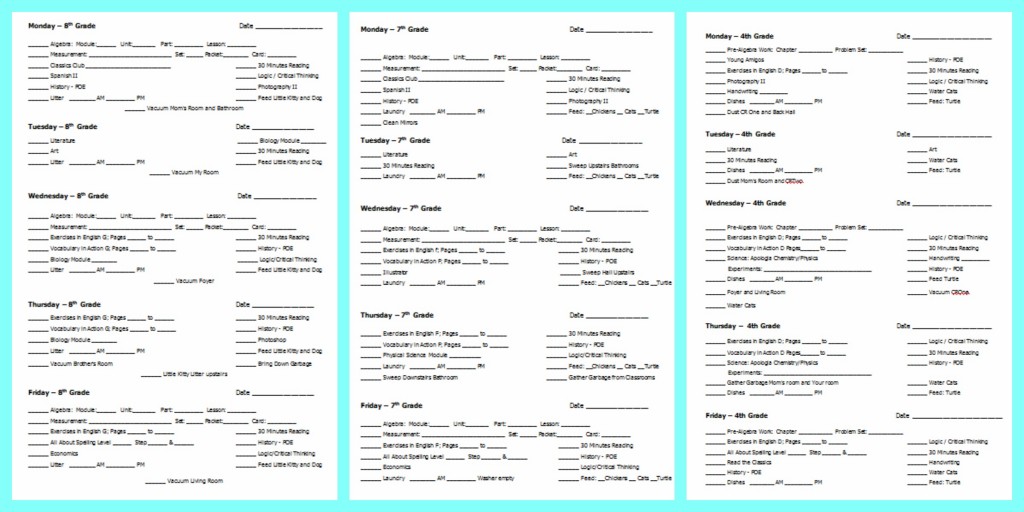
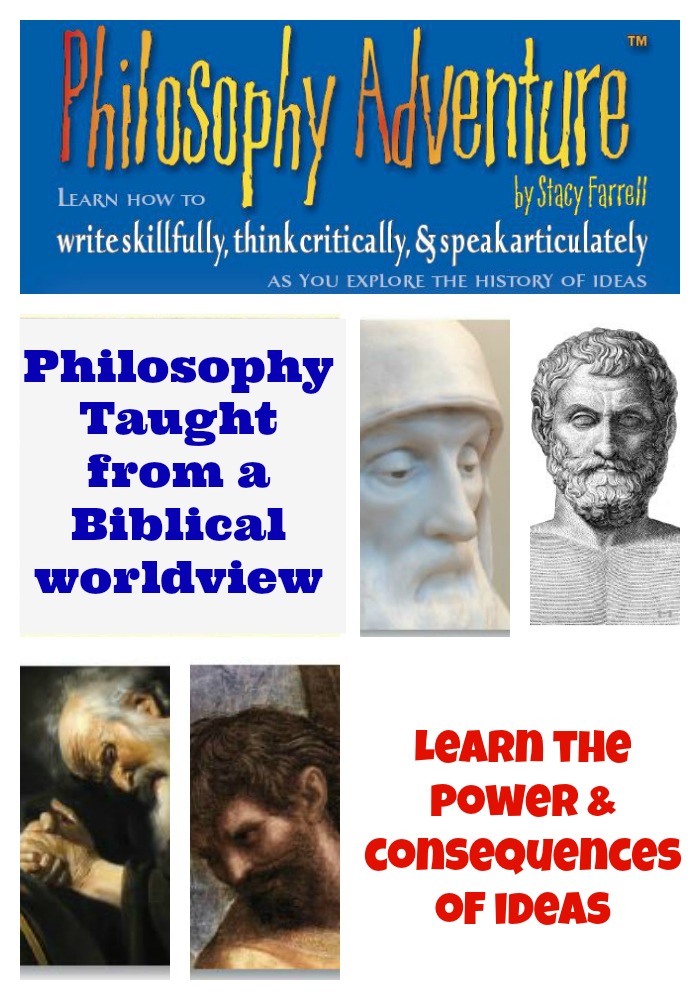
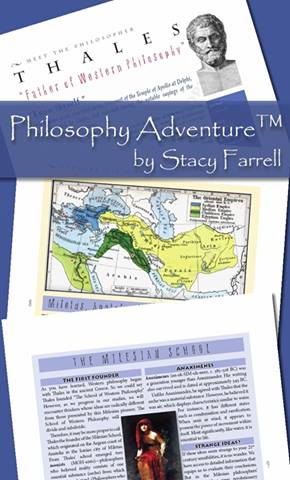
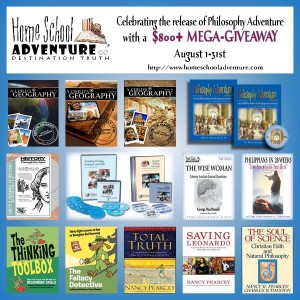

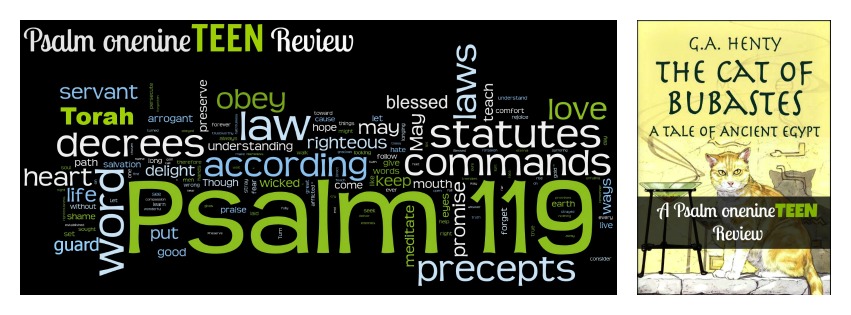
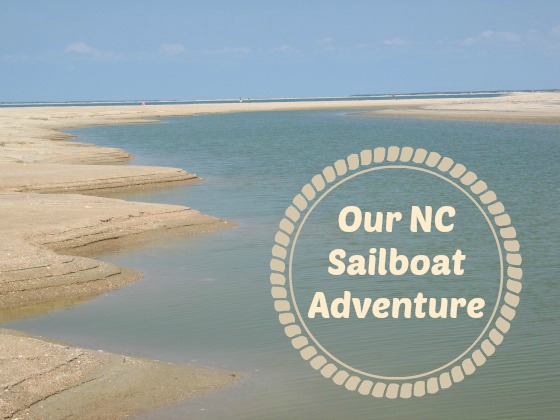
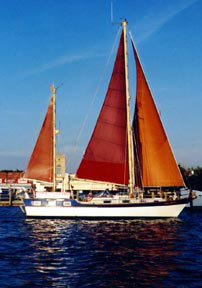
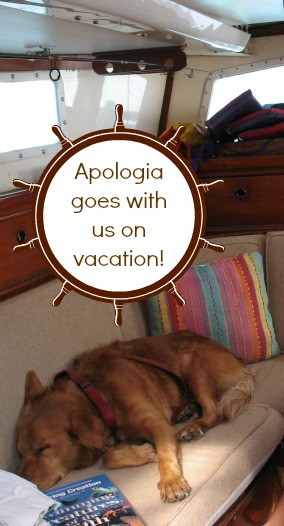 As we were anchoring, we were surrounded by pelicans! Captain Ron said they were looking for an easy meal. We had to ride in a dinghy to get to the island, once there we saw tiny black ovals everywhere! When we got a closer look they were actually snails… TONS of them! Then we starting exploring the island and saw an under water lizard, some crabs and a conch shell with another mollusk. Mom even brought the
As we were anchoring, we were surrounded by pelicans! Captain Ron said they were looking for an easy meal. We had to ride in a dinghy to get to the island, once there we saw tiny black ovals everywhere! When we got a closer look they were actually snails… TONS of them! Then we starting exploring the island and saw an under water lizard, some crabs and a conch shell with another mollusk. Mom even brought the